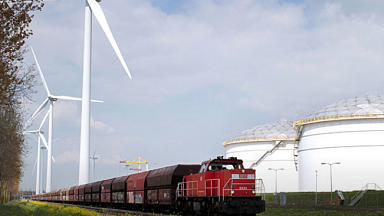The extended scope of registration obligation is originally announced in the new “Regulations of the People’s Republic of China on the Registration of Overseas Producers of Imported Food” (GACC Decree 248), which will come into effect on January 1, 2022.
New Regulations
“According to the new regulations, even producers of chocolate, candy, and other low-risk food are subject to the registration with GACC,” explains Qin Meishen, Manager of Food Technical Services Regulatory Consultant at China Certification & Inspection Group (CCIC). “Currently, no specific registration process and implementation plan have been issued, but it is very likely that starting next year, companies without registration will not be able to export food to China.”
Specifically, when the new regulations are in force, foreign companies exporting food to China will have to go through two types of registration procedures. As Qin highlights, high-risk food producers are supposed to register with the China Customs via the foreign competent authorities, while other food producers can submit registration applications directly to the China Customs without the intervention of a third party.

Importers’ new responsibilities
In addition, starting next year, the China Customs will delegate authority to food importers in China to carry out safety inspections on imported food. Importers will face penalties if random checks from the China Customs reveal that imported food does not meet requirements, Qin mentioned. This change is reflected in the new regulations of Article 22, that is, food importers in China should establish an audit system of foreign exporters and producers, focusing on the following: the development and implementation of food safety risk control measures; compliance with Chinese laws and regulations and national food safety standards. However, the specific plan has not yet been announced.
Online Webinar
Want more information? Qin is one of the speakers of the upcoming webinar “From Farm to Table – Fresh Food Supply Chain Management”. He will explain the policies and regulations related to the export of food products to the Chinese market.
This webinar will take place at 8:30 am CET this Friday, 30 July, as part of the “Netherlands Connects” series organised by the Consulate General of the Kingdom of the Netherlands in Chongqing, Holland International Distribution Council, Road2Holland Consortium and Railfreight.cn.



